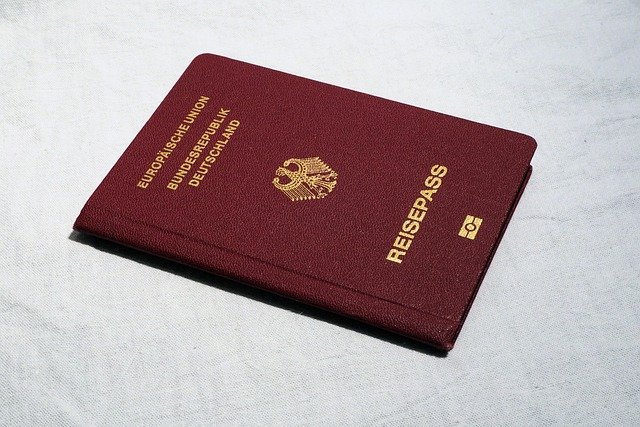Legal Limbo: The Conundrum of Stateless Individuals
Introduction: In an interconnected world where national identity often defines legal rights, stateless individuals find themselves in a precarious position. This article delves into the complex legal challenges faced by those without citizenship, exploring the international frameworks, domestic policies, and human rights implications surrounding statelessness.

Historical Context and Legal Evolution
The concept of statelessness gained prominence in the aftermath of World War I and II, as border changes and population displacements left many without a country. The international community responded with the 1954 Convention relating to the Status of Stateless Persons and the 1961 Convention on the Reduction of Statelessness. These treaties established the legal framework for protecting stateless individuals and preventing future cases of statelessness.
Current Legal Landscape
Despite international efforts, statelessness remains a persistent global issue. Many countries have yet to accede to the UN conventions, while others struggle with implementation. The legal status of stateless persons varies widely between jurisdictions, creating a patchwork of protections and vulnerabilities. Some nations have established statelessness determination procedures, while others lack any formal process for recognizing or assisting stateless individuals.
The Human Rights Dimension
Statelessness intersects with numerous human rights concerns. Without citizenship, individuals often face barriers to education, healthcare, employment, and freedom of movement. They may be unable to marry, own property, or participate in civic life. The right to nationality, enshrined in the Universal Declaration of Human Rights, remains unfulfilled for stateless persons, highlighting the gap between international ideals and practical realities.
Legal Challenges and Court Rulings
Courts around the world have grappled with cases involving stateless individuals, often navigating the tension between national sovereignty and human rights obligations. Landmark rulings have addressed issues such as arbitrary deprivation of nationality, the rights of stateless children, and the obligations of states to prevent statelessness. These decisions shape the evolving legal landscape and offer insights into potential paths forward.
Legislative Responses and Policy Innovations
Some countries have taken proactive steps to address statelessness within their borders. These efforts include legal reforms to prevent statelessness at birth, simplified naturalization procedures for stateless persons, and campaigns to identify and assist affected populations. However, progress remains uneven, with political will and resource constraints often hindering comprehensive solutions.
The Role of International Organizations
The United Nations High Commissioner for Refugees (UNHCR) plays a crucial role in addressing statelessness globally. Through its #IBelong campaign, launched in 2014, the UNHCR aims to end statelessness by 2024. This ambitious goal has spurred increased attention and action from governments and civil society organizations, though significant challenges remain.
Emerging Technologies and Statelessness
The digital age presents both opportunities and risks for stateless individuals. Biometric identification systems and blockchain technology offer potential solutions for establishing legal identity, but also raise privacy concerns and the risk of further marginalization for those unable to access such technologies. The intersection of statelessness and digital governance remains an evolving area of legal and ethical debate.
The Way Forward: Legal and Policy Recommendations
Addressing statelessness requires a multifaceted approach. Key recommendations include universal birth registration, reform of discriminatory nationality laws, improved statelessness determination procedures, and enhanced international cooperation. Legal experts advocate for a rights-based approach that prioritizes the human dignity and potential of stateless individuals while working towards long-term solutions.
In conclusion, the legal conundrum of statelessness challenges our notions of citizenship, human rights, and global governance. As the world grapples with issues of migration, identity, and belonging, the plight of stateless persons serves as a stark reminder of the fundamental importance of legal recognition and protection. By addressing this complex issue, the international community has the opportunity to reaffirm the universal value of human dignity and the right to belong.





